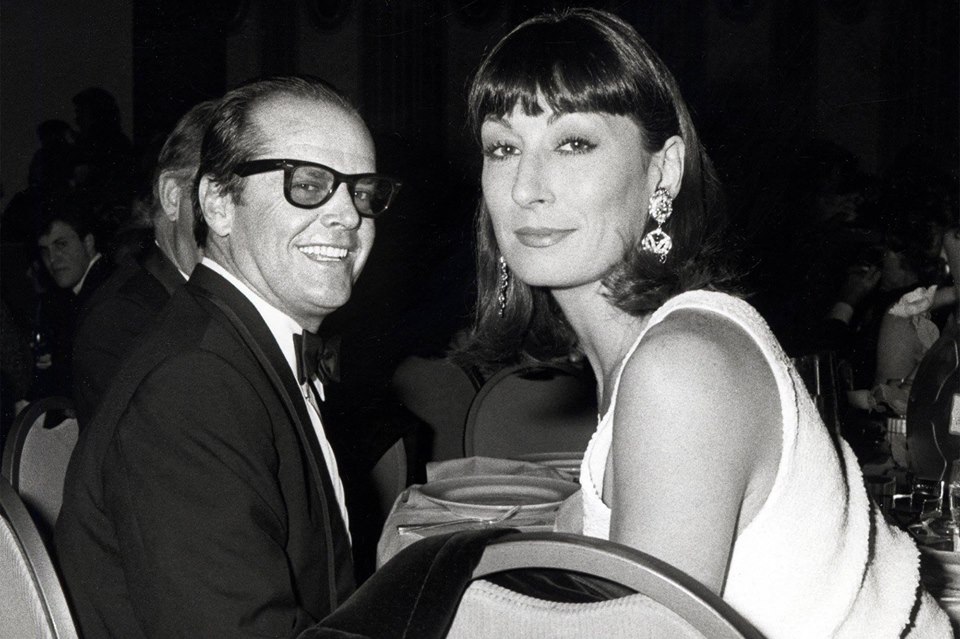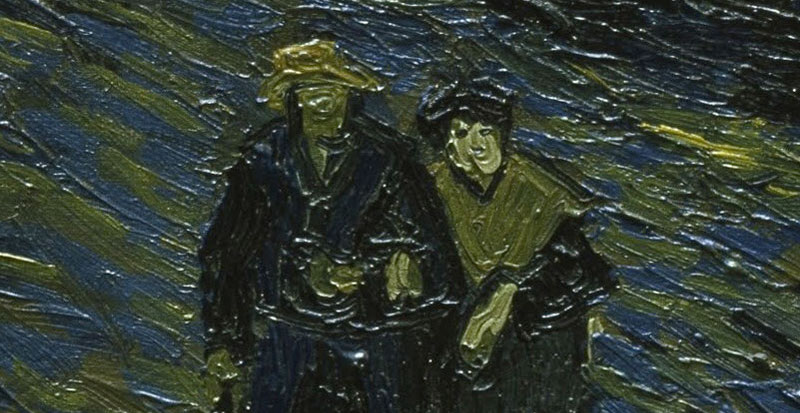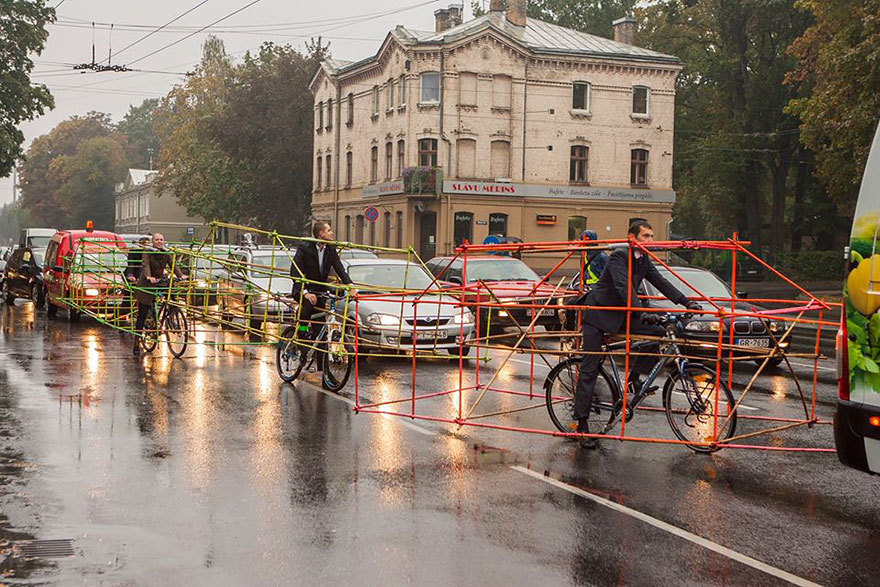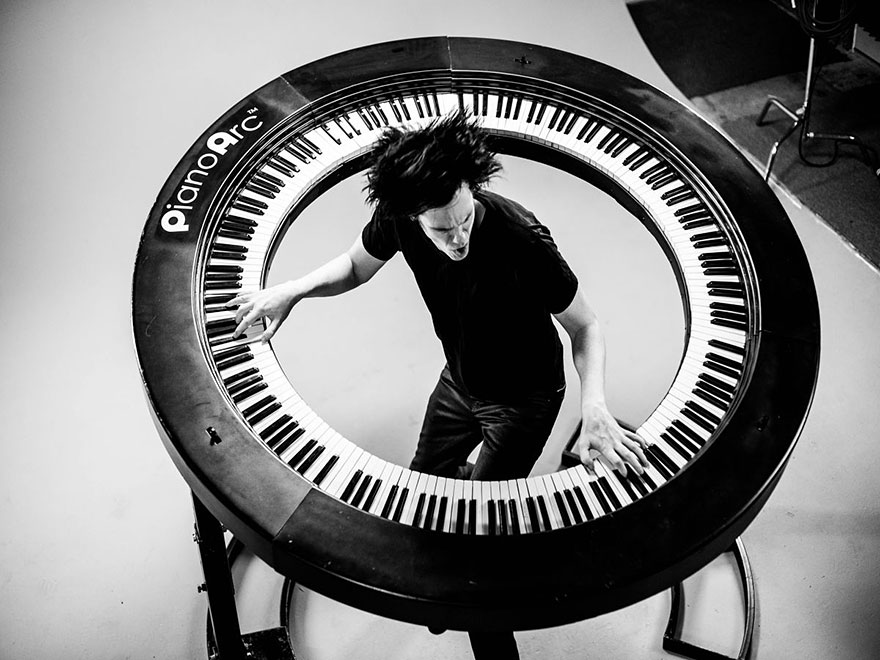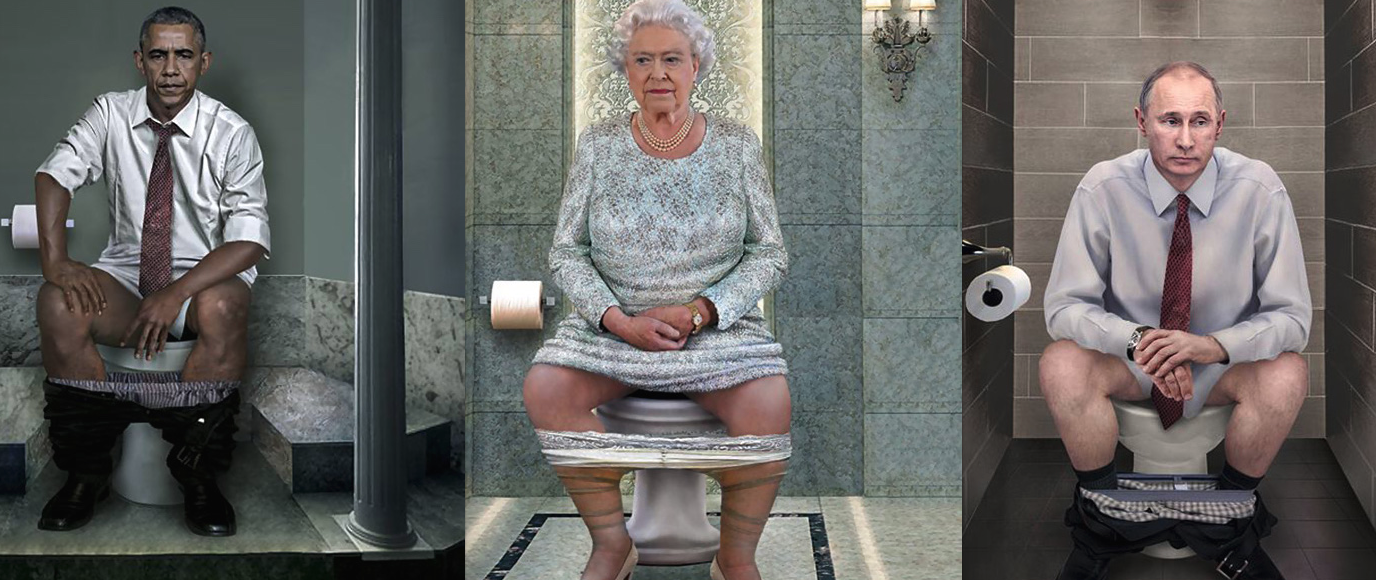While partying in Aspen in the early ’80s, Anjelica Huston attended a fundraiser for senator and presidential aspirant Gary Hart. There, she met celebrity scion, and her future “Royal Tenenbaums” co-star, Gwyneth Paltrow, then 12 years old and there with her parents.
At one point in the evening, Paltrow looked “nervously” at Huston’s longtime boyfriend, Jack Nicholson, and said to Huston, “That man scares me.”
“Watch Me” is Huston’s second memoir, her follow-up to last year’s “A Story Lately Told,” which focused on her childhood and early modeling career. Nicholson wasn’t mentioned in that book. Clearly, she was saving the dirt for this one.“With good reason,” Huston replied. “He scares me, too.”
Huston and Nicholson’s tempestuous, on-again, off-again relationship lasted 17 years, from 1973 until, after hoping for almost two decades to marry and start a family with him, she learned that he would instead be having a child with a younger woman.
Huston, already accustomed to charismatic and virile men as the daughter of legendary film director John Huston, met Nicholson at a party at his home in 1973.
They danced for hours and she stayed the night, and he sent her home by taxi the next morning. He called a few days later to arrange a date, but then canceled due to a previous obligation.
This set a pattern for their relationship, as she learned that the “previous obligation” was stunning Mamas & the Papas singer Michelle Phillips, Nicholson’s ex-girlfriend.

Huston was taken in by Nicholson’s machismo. She fondly recalls a night when, watching Nicholson flirt with a German model at a restaurant, she had stood to go when Nicholson grabbed her wrist and pulled her back into her seat.
“Don’t ever stand up like that to leave,” Nicholson said, leading her to write, “I enjoyed his brief flash of possessiveness.”
He was also as generous as he could be inconsiderate, as she notes that “he might buy you a Rolls-Royce off the cuff,” and did buy her “a beautiful Mercedes-Benz,” which she crashed the day she got it.
But Huston cites more moments of her jealousy than of his caring. From the outset, Nicholson’s horndog antics were so overpowering that his frequent acts of flirtatiousness felt like daggers in her heart. She recalls a 1973 Carole King concert in Central Park where Joni Mitchell “sat on the ground between Jack’s legs throughout the show.” Huston was “hurt and jealous,” but when she confronted Nicholson about it, he brushed it off.
Huston was taken in by Nicholson’s machismo. She fondly recalls a night when, watching Nicholson flirt with a German model at a restaurant, she had stood to go when Nicholson grabbed her wrist and pulled her back into her seat.
“Don’t ever stand up like that to leave,” Nicholson said, leading her to write, “I enjoyed his brief flash of possessiveness.”
He was also as generous as he could be inconsiderate, as she notes that “he might buy you a Rolls-Royce off the cuff,” and did buy her “a beautiful Mercedes-Benz,” which she crashed the day she got it.
But Huston cites more moments of her jealousy than of his caring. From the outset, Nicholson’s horndog antics were so overpowering that his frequent acts of flirtatiousness felt like daggers in her heart. She recalls a 1973 Carole King concert in Central Park where Joni Mitchell “sat on the ground between Jack’s legs throughout the show.” Huston was “hurt and jealous,” but when she confronted Nicholson about it, he brushed it off.

Especially in the early days, Huston learned the difficulties of dating one of the world’s most sought-after men, as women would compete for his attention even with Huston on his arm.
She recalls how, at the Cannes Film Festival in 1974, “pretty French girls would come up on motorbikes and say, ‘Oh, Jack, you want to ride on my bike with me?’ ” And Nicholson, basking in the attention of beautiful women, would go.
Throughout, Huston foolishly held out hope that Nicholson would marry her.“He’d get on the bike and leave me standing on the sidewalk,” she writes, “[and] I would just retire to our hotel room in tears.”
Once, as they watched the matrimonial game show “The Newlywed Game,” Nicholson began to mock. “Oh, little marriage,” he said. “Little tiny marriage game.”
“I replied, ‘If you had any balls, you’d marry me,’ ” writes Huston. “And he said, ‘Marry you? Are you kidding?’ ” Huston “sobbed for three days after that.”
Huston allowed herself to remain blind to the most obvious signs of misbehavior, calling herself “tragically gullible.” Once, she found love notes to Nicholson from a girl “saying how much she missed Jack and how tender their lovemaking had been and how she couldn’t wait to hear from him again.”
Huston, in a “flood of tears . . . confronted him, but he told a wild story about how they were really letters for [fellow actor and Nicholson friend] Harry Dean [Stanton], who had been impersonating him.”
“I must have wanted desperately to believe this story,” she writes, “because it was so clearly far-fetched.”

Huston was driven to leave him in 1975, when she began a dalliance with actor Ryan O’Neal, whom she met at a party when he whispered in her ear, “I’ve been wanting to talk to you all night. I need to talk to you.”
She told Nicholson she was leaving him for O’Neal, and began spending weekends with O’Neal and his family, which led to some major red flags.“I should have known then that I was playing with fire,” Huston writes. “But I was just self-centered and egotistical and needy enough to follow up with him the next day.” The pair smoked a joint and went to the Lakers game, and after, Huston “kissed him for six hours straight on my dining-room table.”
He and daughter Tatum, then 12, were “almost a couple unto themselves; he seemed to have few boundaries with her. They were often photographed at restaurants and parties and clubs.” His son, Griffin, was “only 11, surfing and smoking weed.”
“I was beginning to mistrust everything about him,” she writes. “Soon he was telling me about unfinished business with Ursula Andress and confessing to phone calls with Bianca Jagger. Things were getting ugly; I was holding on longer than I should have.”Everything about O’Neal came to have a darkness to it in Huston’s eyes — she sensed something “distinctly perverse about the O’Neal household” — and in time, he began cheating on her.

One night they got into a fight at a Beverly Hills party. “He turned on me, grabbed me by the hair, and hit me in the forehead with the top of his skull,” she writes. “I saw stars and reeled back. Half blind, I ran away from him, upstairs to a bathroom.”
Inside, O’Neal attacked her again, “batting me around the head with open hands.” Finally, he left, and with nowhere else to go, Huston returned to his home at 2 a.m. When she arrived, O’Neal was awake, “sitting up in bed with an ice pack on his forehead, chuckling ruefully, ‘I’ve got quite a headache.’ ”
She ended the year-and-a-half-long relationship with O’Neal and returned to Nicholson.
She now says that despite many signs, she didn’t allow herself to admit the full realities of Nicholson’s wandering eye until late in their relationship.
“As prolific as he seems to have been, he was actually quite discreet,” she writes. “Occasionally, I’d find a piece of female apparel — once a jacket of mine turned up on a girl in the street — or I’d find some hand cream, or a trinket might get left behind in the soap dish. Sometimes I’d take to wearing the jewelry to see if anybody would come up and claim it, but that never happened.”
By the late ’80s, Huston was seeing less of Nicholson and had developed a successful acting career of her own. She won an Oscar for 1985’s “Prizzi’s Honor,” and co-starred in Woody Allen’s 1989 film “Crimes and Misdemeanors.”
While rehearsing for 1990’s “The Grifters,” Nicholson invited her to dinner at his home. That night, he shared the news she had long dreaded — that he was having a baby with Rebecca Broussard, a woman 12 years Huston’s junior.
“There’s only room for one of us women in the picture, and I am going to retire from it,” Huston said. While their relationship was over, it didn’t go out without a fight. Several days later, an article appeared in Playboy quoting a young woman about a sexual dalliance with Nicholson in which he “playfully spanked her with a Ping-Pong paddle.”
Huston, distraught, called Nicholson, who said it was merely a reprint of an old article. But Huston was beside herself. She drove to the Paramount Pictures lot, stormed into Nicholson’s office and unleashed 17 years of frustration and heartbreak.

“He was coming out of the bathroom when I attacked him,” she writes. “I don’t think I kicked him, but I beat him savagely about the head and shoulders. He was ducking and bending, and I was going at him like a prizefighter, raining a vast array of direct punches.”
When she was done, Huston sat, cried and rose briefly to attack him again before running out of steam.
“All the while,” she writes, “I felt a strange underlying gratitude to him for allowing me to beat the living hell out of him.”
The pair spoke on the phone in the days to follow.
“Goddamn, Toots, you sure landed some blows on me. I’m bruised all over my body,” said Nicholson, to which she replied, “ ‘You’re welcome, Jack, you deserved it.’ And we laughed. It was tragic, really.”

While Huston would soon find a more lasting love — she married sculptor Robert Graham in 1992 and remained with him until his death in 2008 — the aftermath of her breakup with Nicholson left her crushed.
She went several years without seeing him until they reunited on the set of Sean Penn’s 1995 “The Crossing Guard,” in which Penn had cast her as Nicholson’s ex-wife. The two were awkward around each other at first, but met for lunch on the final day of shooting.
There, Nicholson said to her, “You and me, Toots — we’re like ‘Love in the Time of Cholera.’ ”
Huston writes that the comparison pleased her, because “that is one of my favorite books, by one of my favorite authors, about one of my favorite subjects — hopeless, enduring love.”


